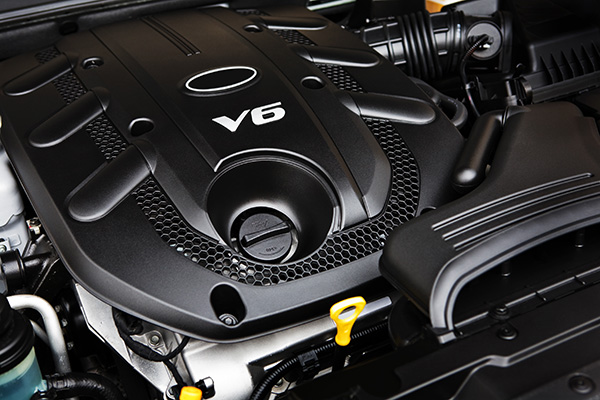
Hearing a rattle right after you start your engine? It might be easy to brush off—especially if the noise fades after a few seconds—but it could be your car’s way of warning you. Start-up rattles are often early signs of wear or mechanical trouble. Ignoring them can lead to major damage and costly repairs. Here’s what that noise might be telling you and why it’s worth paying attention.
What Causes Rattling at Start-Up
A rattling noise during start-up usually comes from moving parts under the hood that aren’t properly lubricated or aligned. The sound is most noticeable right after turning the key, especially if the vehicle has been sitting overnight. Once the engine warms up, oil circulates and the noise may go away—but that doesn’t mean the problem is resolved.
Some common causes of start-up rattles include:
1. Worn Timing Chain or Tensioner
A loose or stretched timing chain can create a brief rattling sound when the engine first cranks. The tensioner may not hold proper pressure until oil fully circulates, especially if it's worn or failing. This is a common issue in higher-mileage vehicles and can lead to serious engine damage if left unchecked.
If the rattle persists or gets louder over time, it’s critical to have it inspected before the chain slips or breaks.
2. Faulty Variable Valve Timing (VVT) System
Modern engines use VVT systems to optimize performance and fuel economy. These systems rely on oil pressure to adjust cam timing, and when they fail or lose pressure at startup, they can rattle or tick briefly. Low oil level, poor oil quality, or a malfunctioning actuator could all be to blame.
Keeping up with oil changes and using the correct oil type can help prevent this issue.
3. Heat Shields or Exhaust Components
Loose heat shields or exhaust parts—like the catalytic converter casing—can vibrate and rattle when the engine starts. These sounds are usually metallic and may disappear as the engine warms up and parts expand. While not immediately dangerous, they can worsen over time and may indicate corrosion or missing hardware.
We can check for loose components and re-secure or replace them as needed.
4. Low or Old Engine Oil
Engine oil doesn’t just lubricate—it helps keep components like the timing chain, lifters, and cam phasers functioning smoothly. Old or dirty oil can lose its viscosity, making it harder for the system to pressurize during cold starts. That lack of lubrication causes brief metal-on-metal contact, leading to rattles.
Regular oil changes are one of the easiest ways to prevent these types of noises.
5. Cold Weather Effects
In colder climates, engine oil thickens and takes longer to circulate, which can increase rattle time during start-up. While this is sometimes normal, it can be made worse by old oil, the wrong oil weight, or worn parts.
Using oil rated for your local climate and letting your engine warm up before driving helps reduce wear and tear over time.
When to Act
If the rattling noise only happens on cold starts and fades quickly, it might seem harmless—but it’s almost always a sign of something beginning to fail. These noises typically get worse over time, and waiting too long could mean engine damage or breakdowns.
A quick inspection can help pinpoint the issue before it escalates into a costly repair.
Tom’s Auto Center – Engine Health Specialists in McFarland, WI
At Tom’s Auto Center in McFarland, WI, we take rattles seriously—especially the ones that show up when you least expect them. Our technicians can quickly diagnose start-up noises and get to the root of the problem, so your car starts smoothly and runs reliably. Don’t wait for that rattle to become a roar—schedule a checkup today and protect your engine for the long haul.